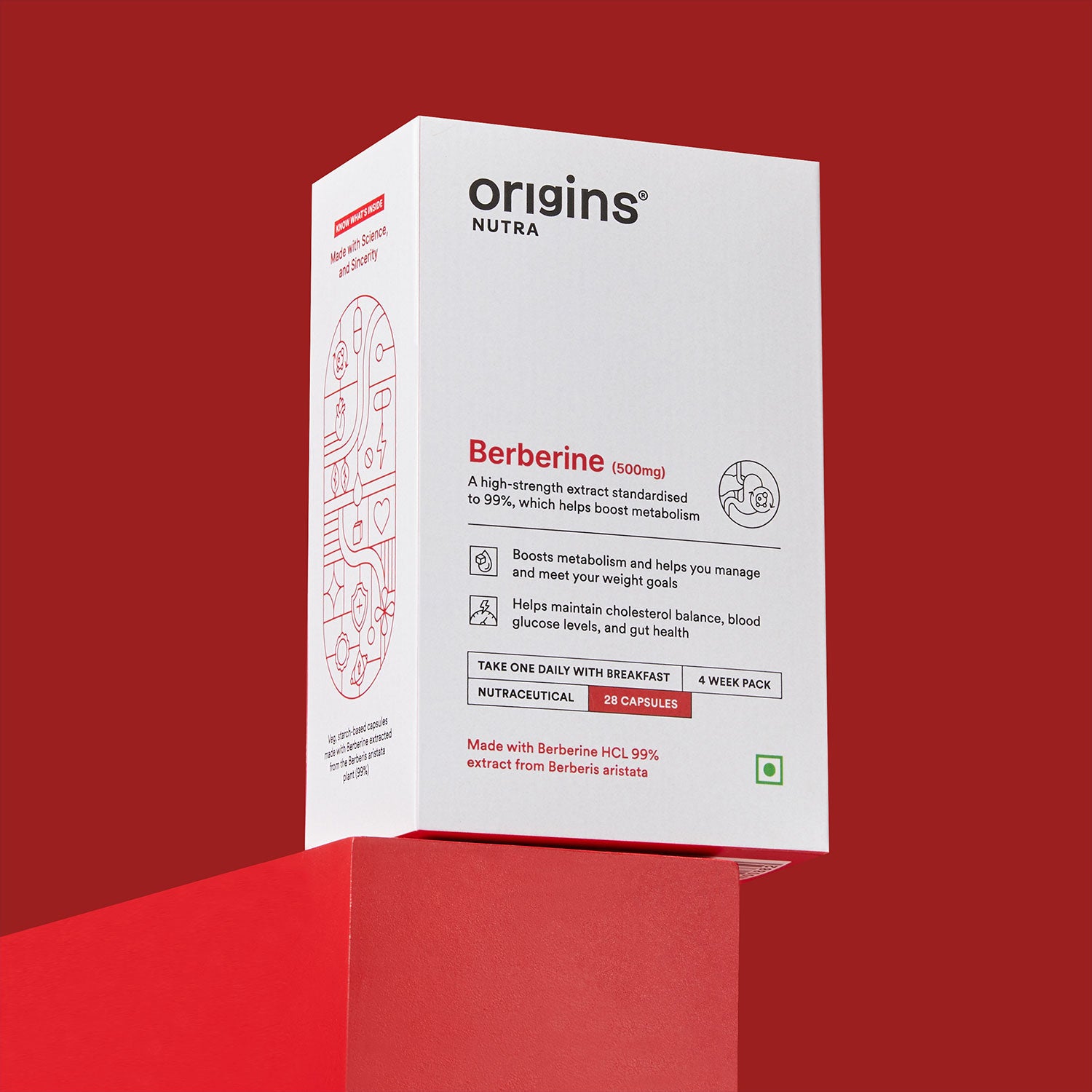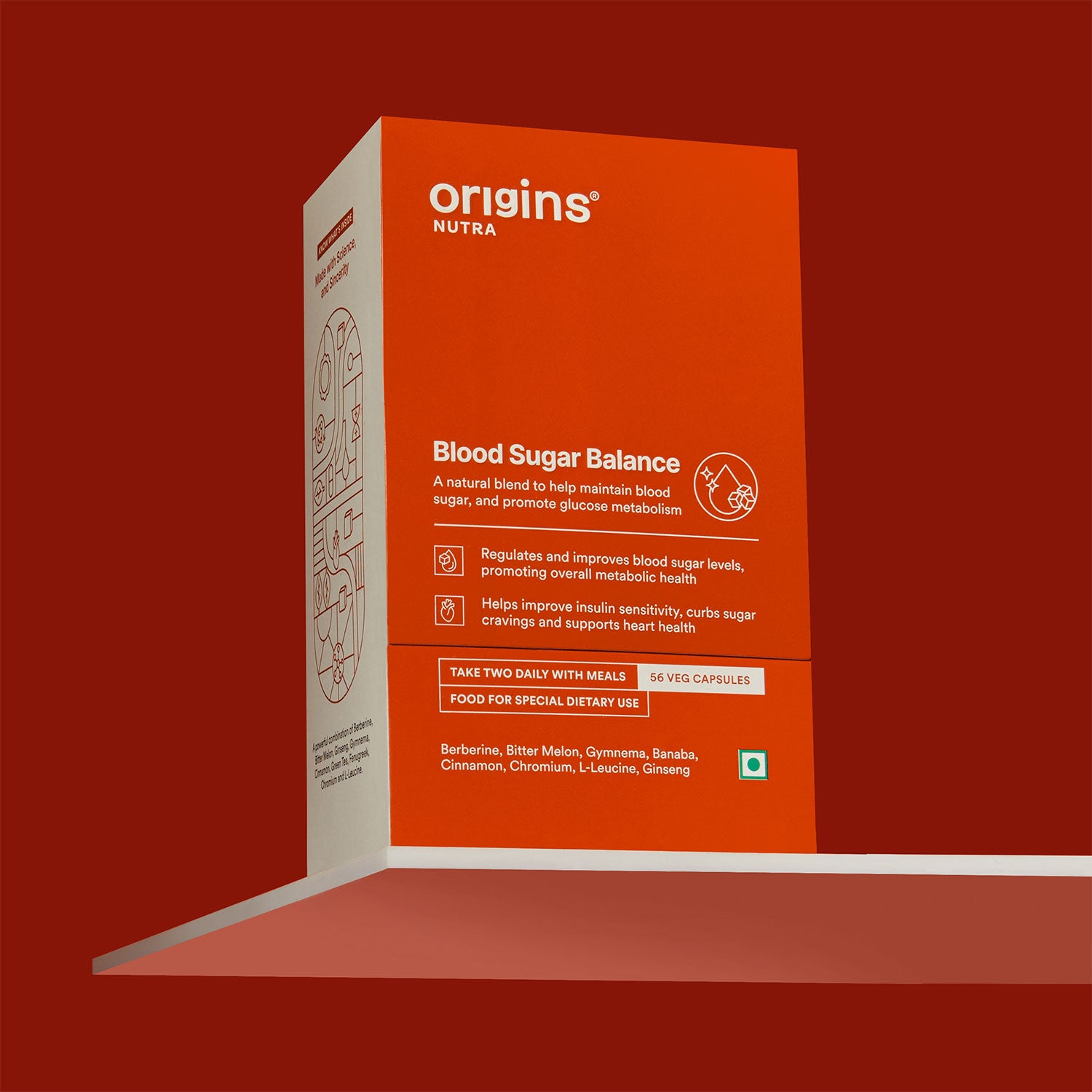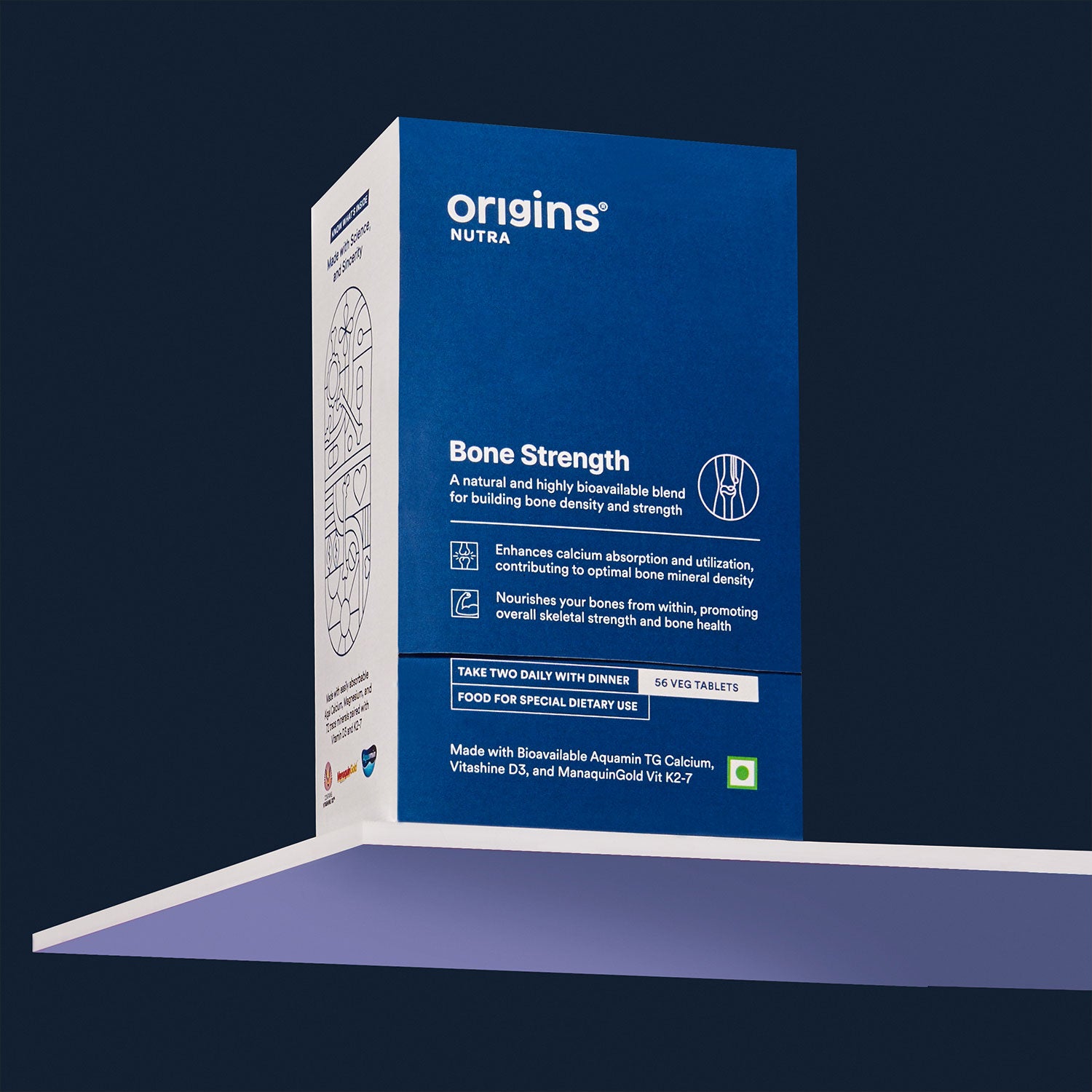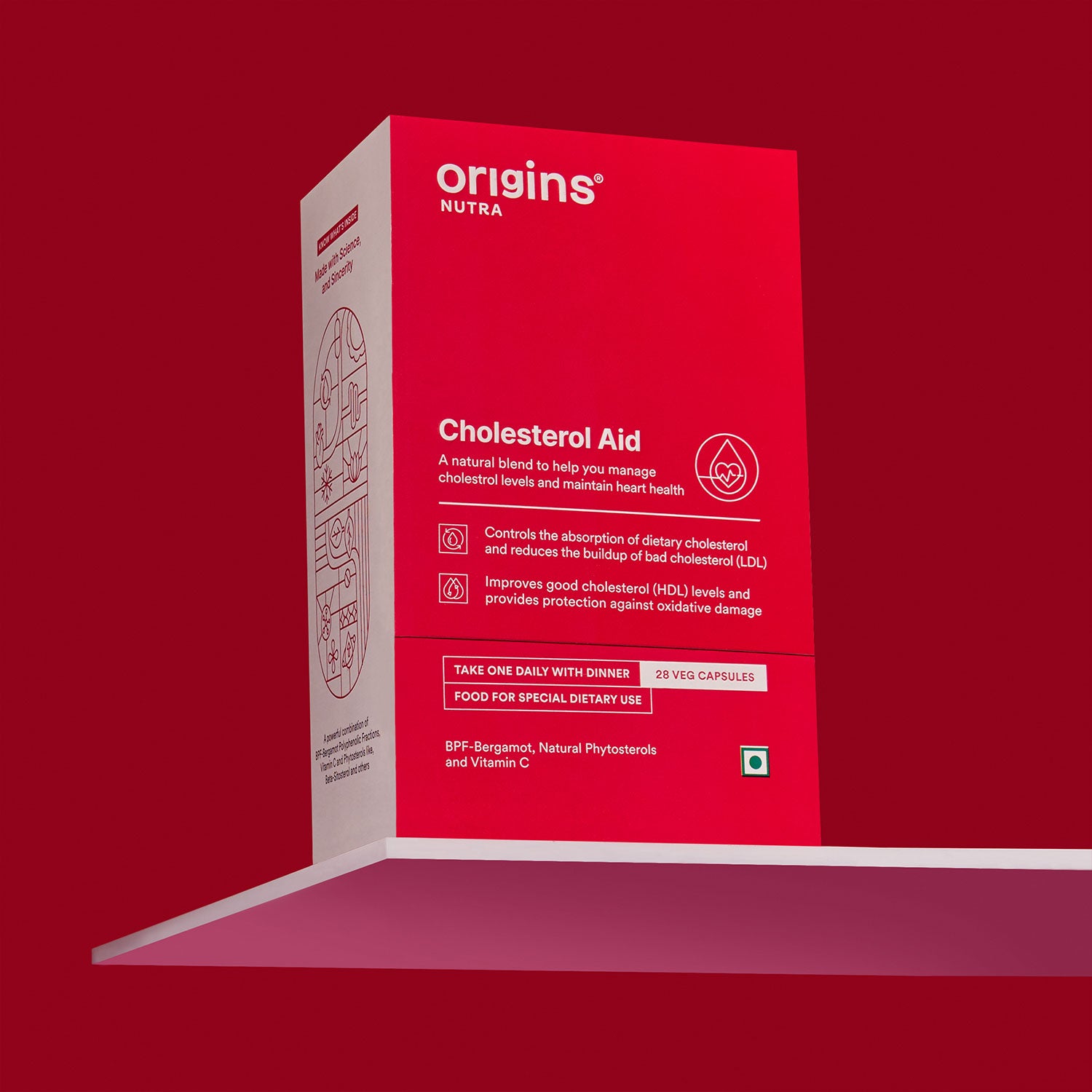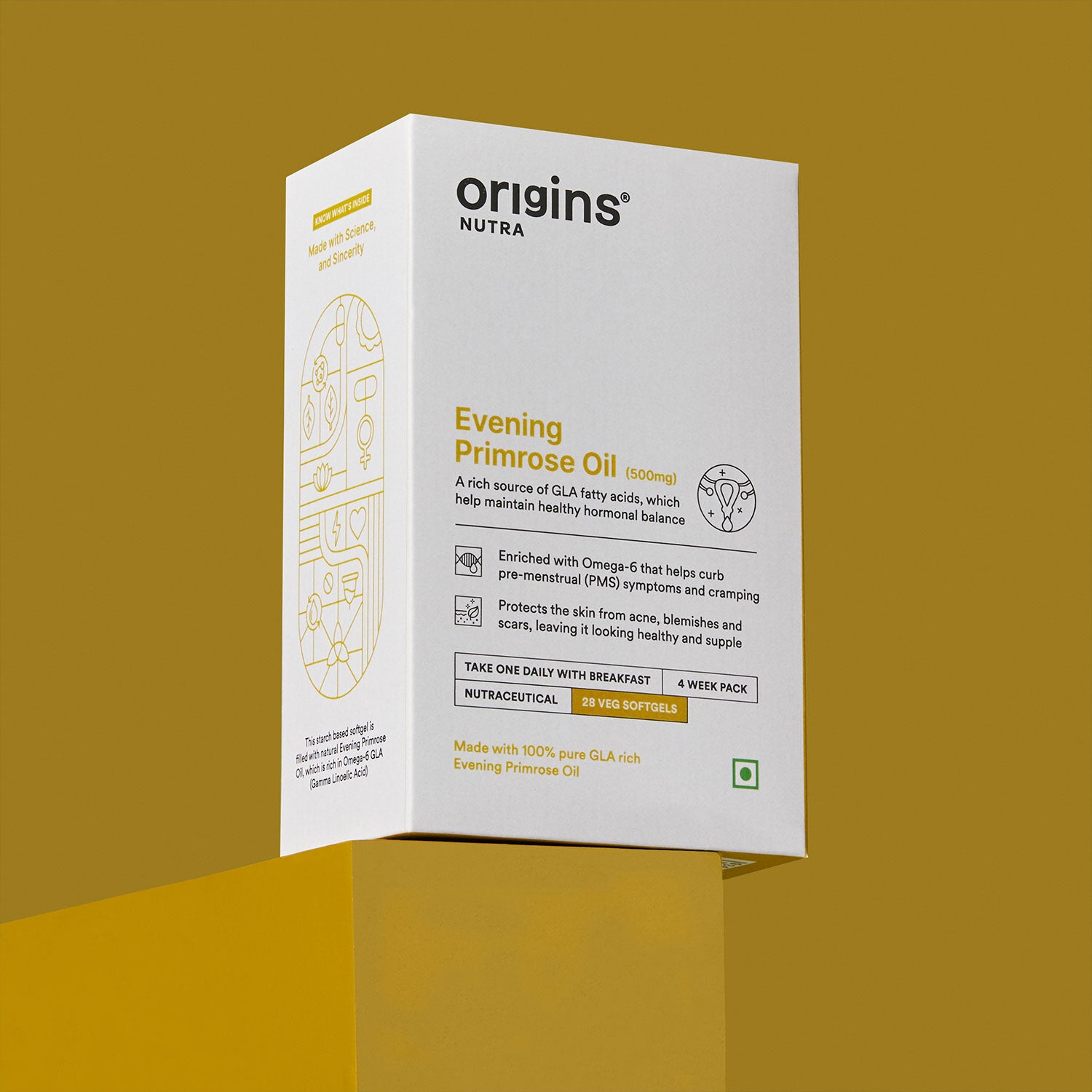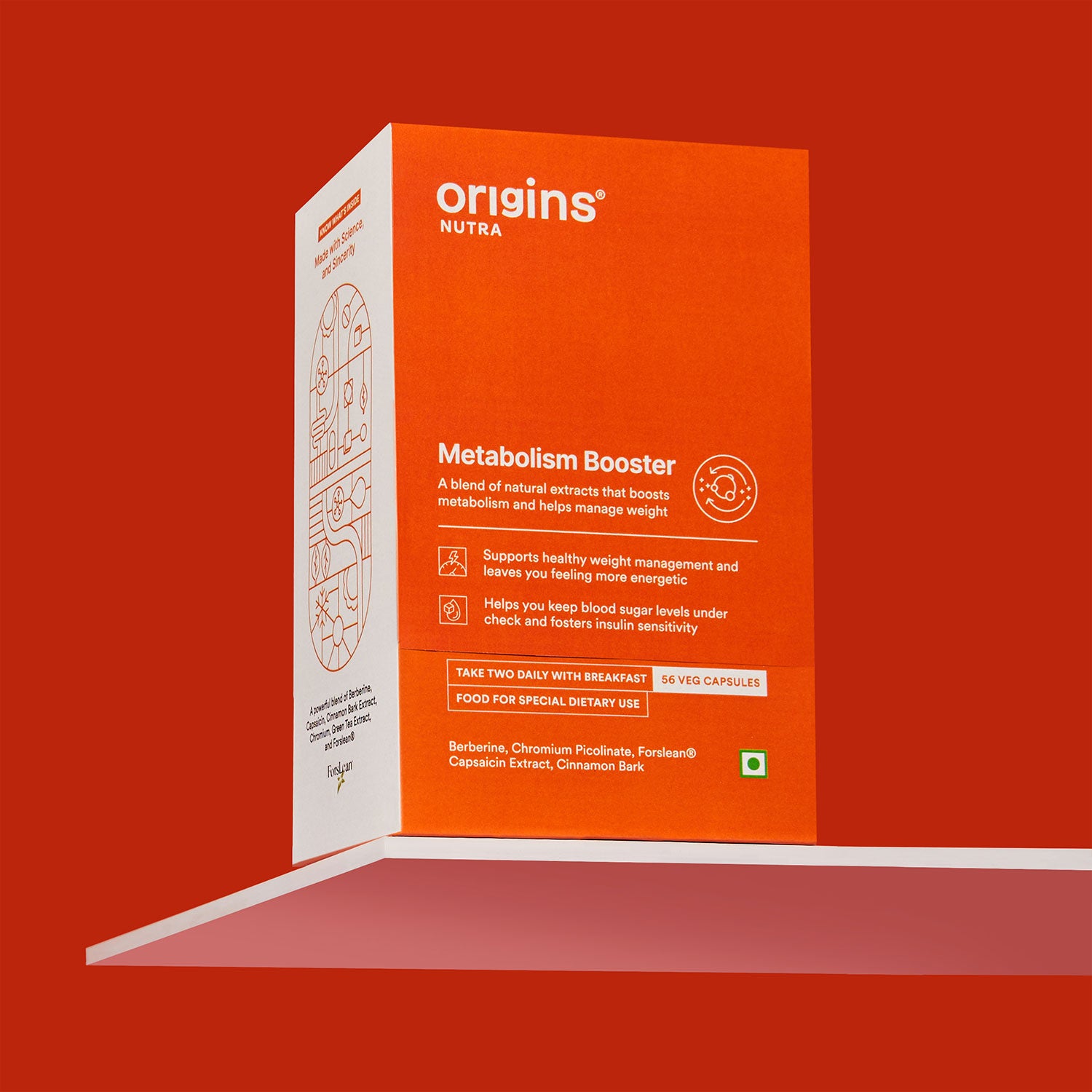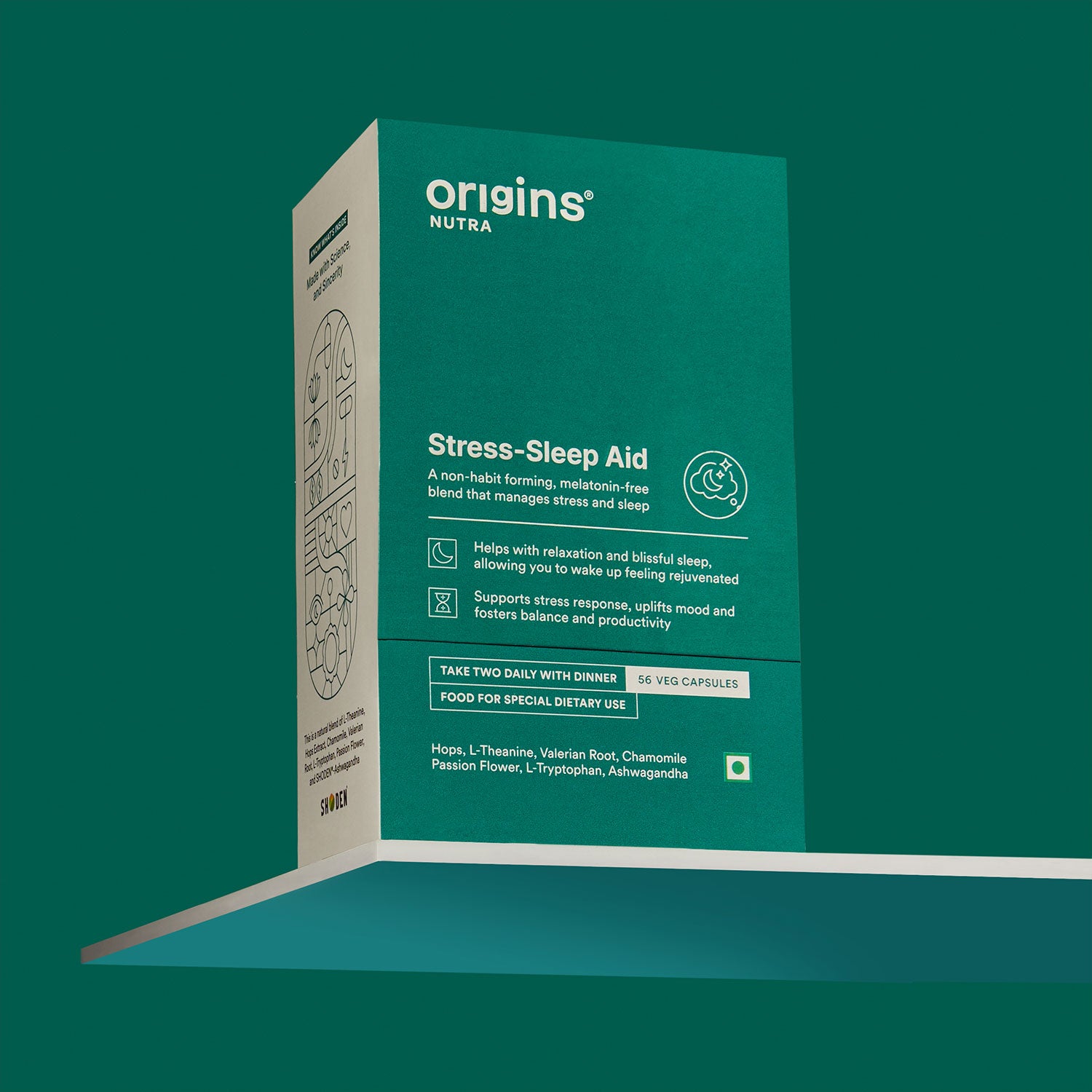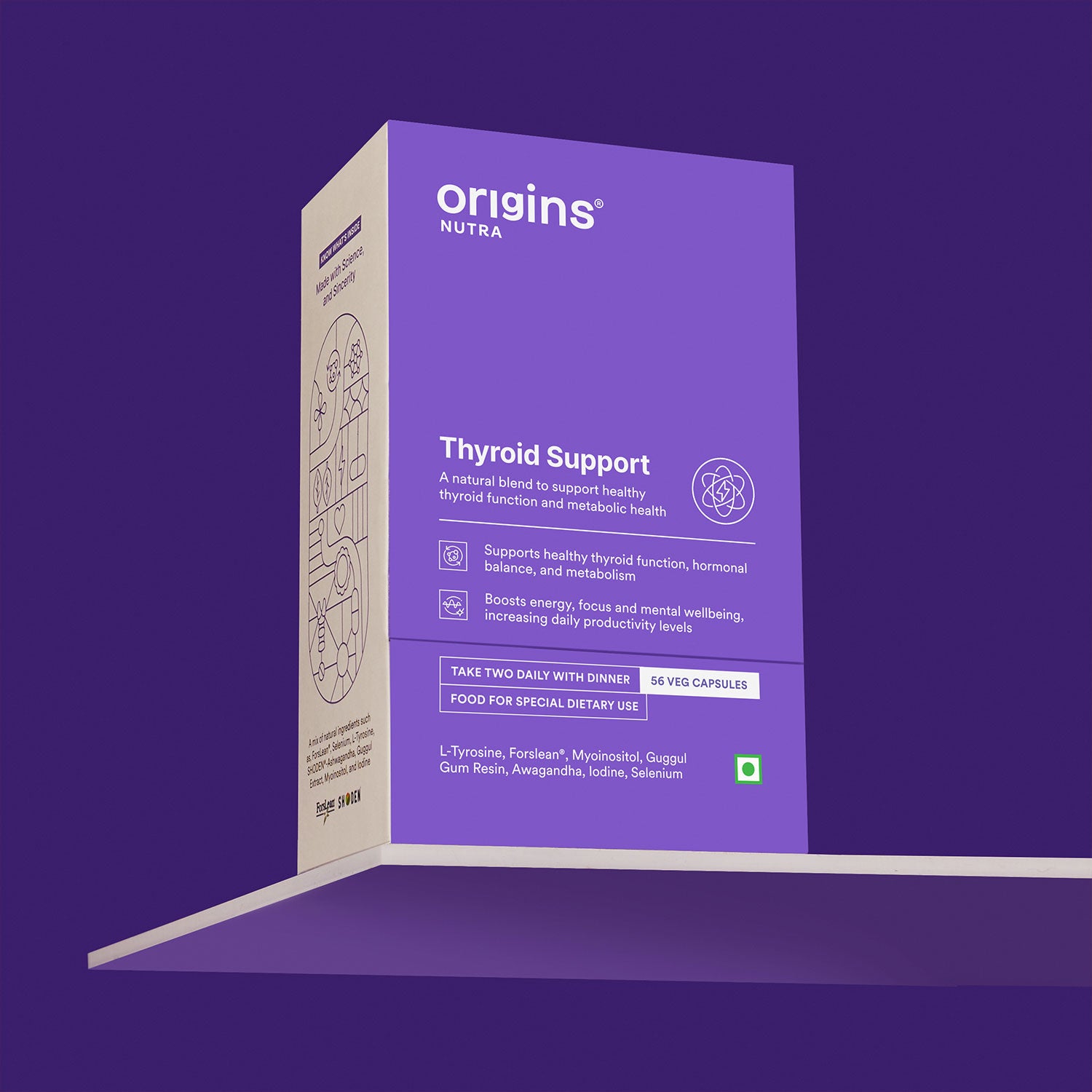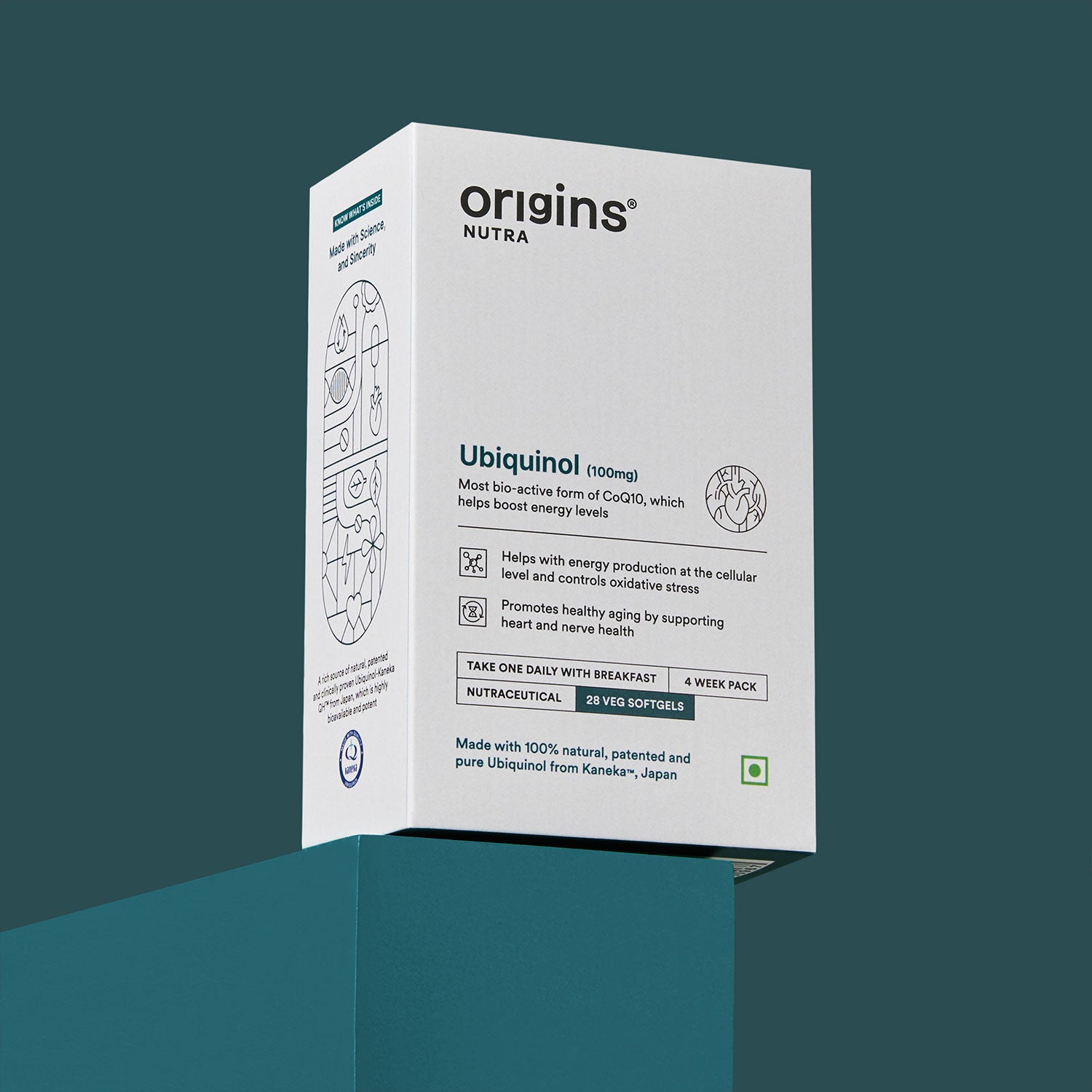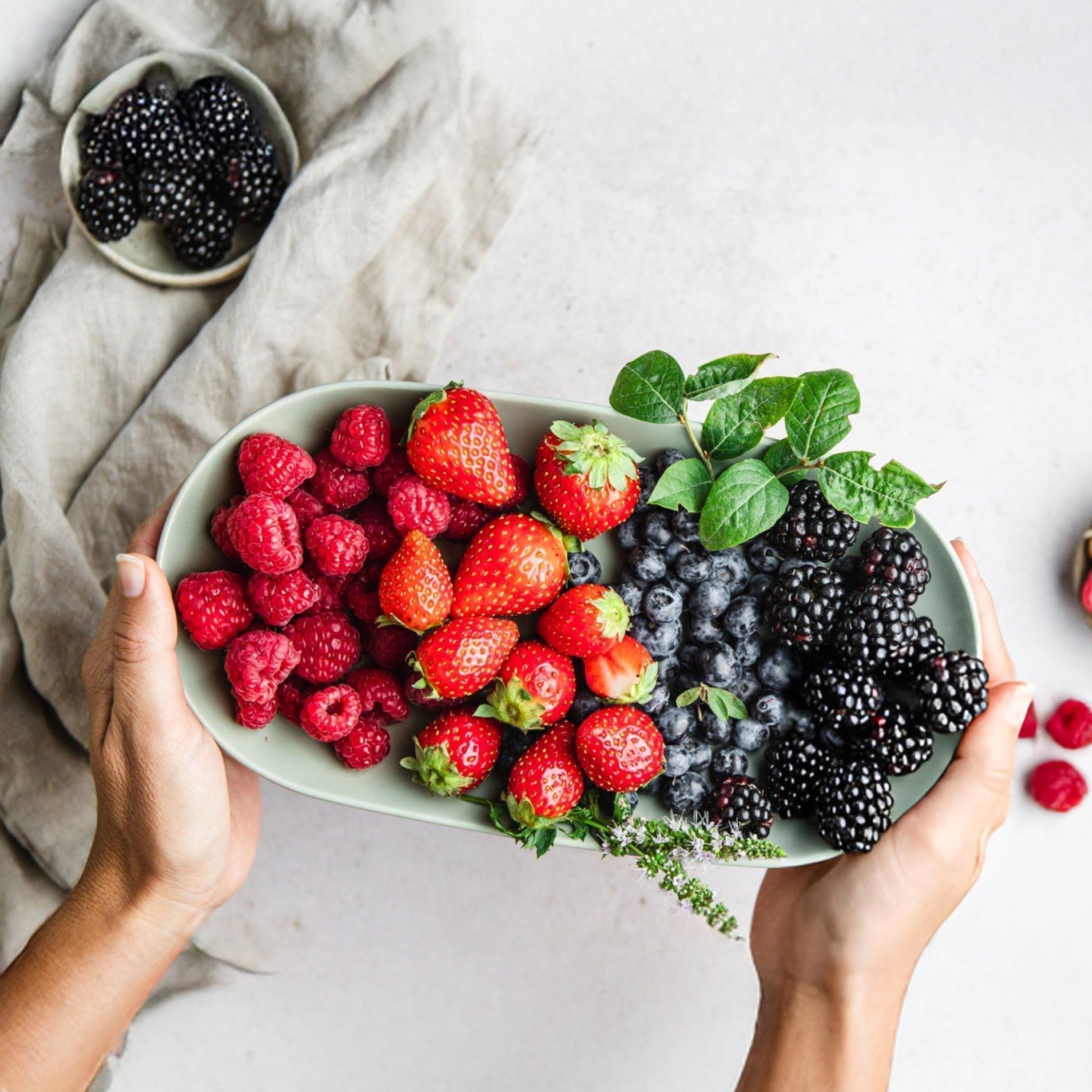6 Essentials for a Balanced Diet
In a world full of diet trends, food myths, and conflicting advice, one question still confuses most of us: What does a balanced diet actually look like in real life?
You’ve heard the phrase “balanced diet” countless times, on cereal boxes, during doctor visits, or scrolling through Instagram. But beyond the buzzwords, what does it really mean? Why is it important? And how can you build one without overthinking every meal?
A balanced diet means giving your body a variety of nutrients in the right proportions, every day. It's not just about eating “clean” or “healthy.” It’s about feeding your body everything it needs to function well, feel good, and stay strong, physically and mentally.
In this blog, we’ll break down:
-
The six essential components of a balanced diet,
-
Real food examples you can start eating today,
-
Why you shouldn’t eliminate entire food groups,
-
The Healthy Plate Concept you can use to portion your meals,
-
And quick, smart swaps to make healthy eating effortless.
Let’s turn confusion into clarity, once and for all.
Why Does a Balanced Diet Matter So Much?
Think of your body like a high-performance machine. The right fuel, aka a balanced diet, keeps it running smoothly. Whether it’s fighting off infections, boosting your mood, keeping your heart healthy, or simply giving you the energy to get through the day, the nutrients you eat do the heavy lifting behind the scenes.
A consistent, balanced diet helps:
-
Maintain a healthy weight,
-
Strengthen your immune system,
-
Improve focus and mood,
-
Reduce your risk of lifestyle diseases like diabetes and heart disease.
And the best part? You don’t need a complicated plan or expensive superfoods. You just need to get the basics of a balanced diet right, and stick with them.
What Makes Up a Balanced Diet? The 6 Core Nutrients You Need
1. Carbohydrates – The Body’s Primary Fuel Source
Carbohydrates power your brain, muscles, and daily activities. Around 50–60% of your calories should come from healthy carbs.
Choose complex carbs like:
-
Millets (bajra, jowar, ragi)
-
Oats
-
Pulses (moong, chana, rajma)
-
Brown rice
-
Quinoa
-
Whole wheat
These digest slowly, offer long-lasting energy, and are packed with fiber and B vitamins.
Limit simple carbs like:
-
White bread
-
Sugary drinks
-
Packaged snacks (chips, cookies, instant noodles)
-
Sweets and desserts
Quick tip: Pair carbs with protein or healthy fats to avoid energy crashes and stay fuller for longer.
2. Fats – The Misunderstood Nutrient
Fats aren’t bad, they’re essential. They support hormone production, brain health, and vitamin absorption.
Choose good fats:
-
Nuts (almonds, walnuts, pistachios)
-
Seeds (chia, flax, sunflower)
-
Olive oil, mustard oil
-
Fatty fish (salmon, sardines)
-
Avocados
Limit saturated fats:
-
Ghee and butter (in moderation)
-
Fatty red meat
-
Full-fat dairy
Avoid trans fats:
-
Packaged snacks
-
Bakery items made with hydrogenated oils
-
Deep-fried fast food
Smart swap: Replace butter with avocado mash or nut butter on toast.
3. Proteins – The Body’s Building Blocks
Protein helps build muscles, repair tissues, and make enzymes and hormones. Aim to include a protein source in every meal.
Animal sources:
-
Eggs
-
Chicken and fish
-
Greek yogurt
-
Paneer and milk
Plant sources:
-
Lentils, chickpeas, kidney beans
-
Tofu and tempeh
-
Nuts and seeds
-
Soya chunks
Vegetarian hack: Combine grains + legumes (like rice + dal) to make a complete protein.
4. Vitamins and Minerals – The Micro Powerhouses
Though required in small amounts, they’re critical for immunity, bone strength, nerve function, and skin health.
Include:
-
Dark leafy greens (spinach, kale, methi)
-
Bright fruits like oranges, papaya, and berries
-
Nuts and seeds (zinc, magnesium)
-
Dairy or fortified plant milk (calcium and vitamin D)
-
Whole grains for B vitamins
Eat the rainbow, the more colors on your plate, the better your nutrient diversity.
5. Water – The Forgotten Nutrient
Water helps your body digest food, regulate temperature, absorb nutrients, and eliminate toxins.
-
Goal: 2 to 2.5 liters/day (about 8–10 glasses)
-
Adjust based on climate, activity, and health
Pro tip: Sip water throughout the day; don’t wait until you're thirsty.
6. Fiber – Your Gut’s Best Friend
Fiber supports digestion, prevents constipation, and helps control blood sugar and cholesterol.
Sources of fiber:
-
Whole grains (millets, oats, brown rice)
-
Raw fruits and vegetables
-
Beans and legumes
-
Seeds (chia, flax)
-
Popcorn (air-popped)
Fun fact: A high-fiber diet may reduce the risk of colon cancer and improve mental well-being via the gut-brain connection.
The Healthy Plate Method: A Visual Way to Build a Balanced Diet
You don’t need to measure every calorie. Just follow this simple plate model:
-
½ plate: Vegetables and fruits (more veg than fruits)
-
¼ plate: Whole grains or complex carbs
-
¼ plate: Protein (animal or plant-based)
Add: A small amount of healthy fat + water or buttermilk on the side

This plate method makes it easy to eat a balanced diet at home, office, or even at a restaurant.
Don’t exclude entire food groups: Here's why
Fad diets often tell you to eliminate carbs or fats. But doing so long-term can create deficiencies, cravings, and fatigue.
Instead of banning food groups:
-
Focus on quality over quantity
-
Practice portion control
-
Allow flexibility for occasional treats
A balanced diet includes everything, just in the right proportions.
Smart eating habits to keep your diet balanced daily
-
Plan meals with variety and color
-
Add protein to every meal
-
Snack on nuts, fruits, roasted makhana, or yogurt
-
Limit packaged and sugary foods
-
Stay hydrated throughout the day
-
Listen to hunger and fullness cues
-
Cook more at home (you control ingredients and portions)
Final Thoughts: A Balanced Diet isn’t a goal, it’s a way of life
There’s no one-size-fits-all “perfect” diet. But following the principles of a balanced diet gives you a strong foundation to build lasting health.
Don’t stress over cheat meals or calorie counting. Focus on consistency, variety, and nourishment. Your energy, mood, immunity, and long-term wellness will thank you.
Ready to take the first step?
-
Start with one small change today, maybe add a handful of seeds to your breakfast or swap white rice for millets.
Got questions? Drop a comment or reach out, we’d love to help you on your journey to better health.
Let’s build a healthier world, one balanced plate at a time.
Frequently Asked Questions (FAQs)
1. What are the balanced diet components?
Carbohydrates, proteins, fats, vitamins, minerals, water, and fiber are the main components of a balanced diet.
2. How is balanced diet important?
A balanced diet provides essential nutrients your body needs to function well, preventing deficiencies and boosting overall health.
3. How does balanced diet affect your life?
It improves energy, supports immunity, enhances mental focus, promotes healthy weight, and reduces disease risk.
4. Who recommended balanced diet?
Balanced diet guidelines are recommended by global and national health authorities like the WHO (World Health Organization), ICMR-NIN (Indian Council of Medical Research – National Institute of Nutrition) in India, and the USDA (United States Department of Agriculture) in the United States.
5. What are the five benefits of a balanced diet?
-
Supports strong immunity
-
Boosts energy levels
-
Maintains healthy weight
-
Improves digestion
-
Lowers risk of chronic diseases

